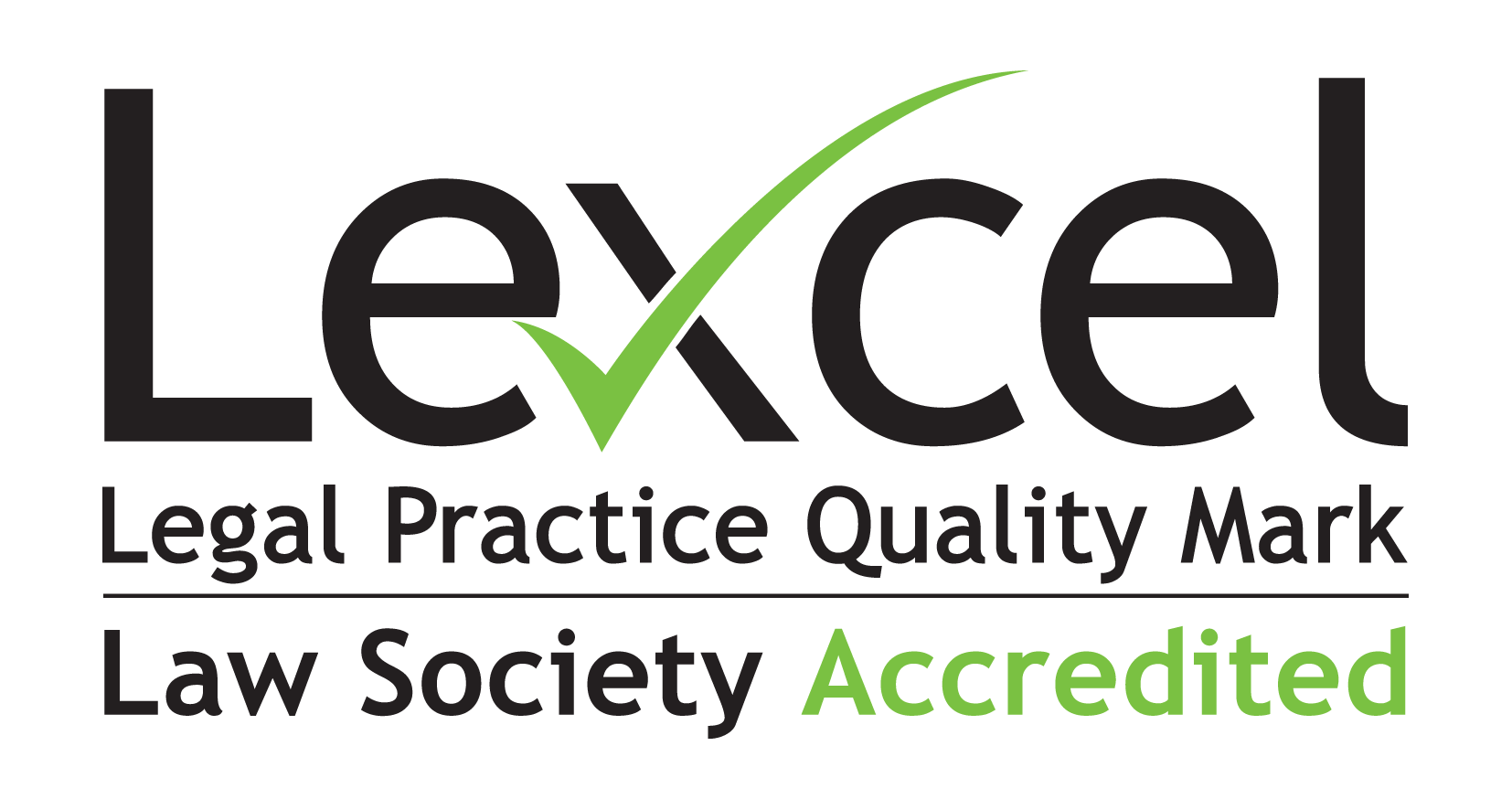If your estate is liable for inheritance tax after you pass away, your loved ones could miss out on thousands of pounds of inheritance. The good news is there are ways to minimise this tax liability.
Here at Pickering & Butters, we have a raft of specialised expertise and experience on offer to help you put everything in order. Our qualified tax planning specialists will work with you, using their in-depth knowledge of legally sound, approved tax planning processes to make sure as much of your estate as possible passes to those who matter most.
For advice from our solicitors specialising in inheritance tax, contact your local Pickering & Butters branch in Stafford or Rugeley by giving us a call or filling in our online enquiry form.
How can our estate planning and inheritance tax solicitors help?
More people than ever before will have to pay inheritance tax after they die. If you own your home, have taken lots of money out of your pensions, or you have lots of savings or investments, you should think about planning for inheritance tax.
You can currently leave up to £325,000 tax-free to your loved ones. After that, unless additional reliefs (for example, the Residence Nil Rate Band, Agricultural or Business Property Relief) and/or exemptions apply, your money and property (your ‘estate’) is taxed at a rate of 40% - a hefty sum to pay when you have spent your adult life working and saving.
Our specialist solicitors can help you take a practical approach, exploring all your options and structuring your estate in a way that works for you. With our help, it is possible to significantly reduce or even eliminate your estate’s future liability for inheritance tax. Our expertise includes:
- Making a Will
- Transferring tax free allowances
- The Residence Nil Rate Band – leaving property to your children and/or grandchildren
- Lifetime gifts and ‘Potentially Exempt Transfers’
- Leaving money to charity – legacy donations
- Creating and managing trusts
- Agricultural relief for inheritance tax
- Business relief for inheritance tax
Our team also includes probate specialists who can advise you if you need to deal with the estate of someone who has recently died, including:
- Assisting you with the valuation of the estate and calculation of inheritance tax
- Filing inheritance tax returns with HMRC
How does inheritance tax work?
Currently, the amount of assets (money, property and possessions) you can leave to your loved ones free of inheritance tax (IHT) when you die is anything up to a value of £325,000 (this is known as the Nil Rate Band). Married couples and those in a civil partnership can leave assets between them worth £650,000 free of IHT. Depending upon circumstances you may also qualify for the Residence Nil Rate Band which can add up to a further £350,000 worth of tax free allowances. Anything above that is subject to a 40% tax liability on death or 36% if you leave at least 10% of your estate to charity.
Effective tax planning, both for lifetime gifting of money, property and possessions, and to take care of things after you die, could potentially save you and your loved ones thousands of pounds.
How does the main residence nil rate band work?
If you leave your home (which much be your primary residence) to your direct descendants (including your children, grandchildren, adopted children, step children and foster children), it can be passed on partially or wholly free from inheritance tax.
The current residence nil rate band is £175,000, giving you a total tax free allowance of £500,000. This can add up to £1,000,000 for a couple who are married or in a Civil Partnership.
If your estate is worth over £2 million, you lose £1 of the main residence nil rate band for every £2 over £2 million.
Can you transfer your inheritance tax free allowance to your partner?
You can transfer your tax allowances if you leave your estate to your spouse or civil partner after you die. Unfortunately, unmarried partners cannot benefit from this.
This means that your spouse or civil partner (or you if your partner pre-deceases you) can acquire a tax free allowance of up to £1 million.
Lifetime gifting – how do ‘potentially exempt transfers’ work?
If you gift your money and property during your lifetime, it can potentially be exempt from inheritance tax. This type of gift is therefore called a ‘potentially exempt transfer’( commonly referred to as a PET).
Lifetime gifting can be attractive because you get to see your gifts enjoyed by your loved ones during your lifetime. However, the gifts will only be 100% free from inheritance tax if they are given more than seven years before you die.
We can provide clear advice about lifetime gifting and the potential inheritance tax liability, including whether there are other tax-efficient options for passing on your wealth, such as setting up trusts.
Can you avoid inheritance tax by setting up a trust?
Setting up trusts can be a tax efficient way to pass on your money and property, both during your lifetime and after you die. We have a dedicated team of trust solicitors who can provide advice about whether a trust may be right for you. We can also handle the legal aspects of setting up and managing trusts, and provide legal advice to trustees.
For more information, visit our page on Setting Up a Trust.
Contact our specialist inheritance tax planning solicitors today
For specialist advice on all inheritance tax matters, please get in touch our solicitors in Stafford and Rugeley by giving us a call at your local branch or filling in our online enquiry form.





